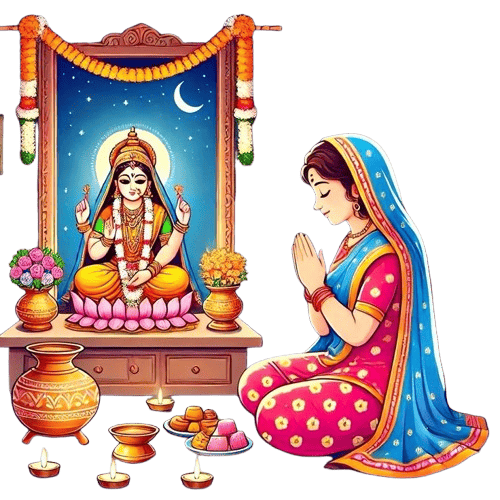
Theerthavari is a significant ritual that takes place during Maasi Magam, a highly auspicious day in the Tamil Hindu calendar, usually falling in the month of Maasi (February-March). This festival is celebrated predominantly in Tamil Nadu and other parts of South India. Maasi Magam is considered a time when the divine energy of the gods is at its peak, and the ritual of Theerthavari is believed to purify the devotees and bring them closer to divine blessings.
Theerthavari involves a sacred pilgrimage or bathing ritual performed at a river or temple tank, symbolizing spiritual cleansing and renewal. Devotees believe that on Maasi Magam, the moon and planetary alignments are in a favorable position to invoke the blessings of the gods, especially Lord Vishnu and Lord Shiva. It is believed that taking a holy dip in theertha (sacred water) during this time removes past sins and helps attain moksha (liberation).
On Maasi Magam, thousands of devotees gather at temples or river banks to perform the Theerthavari Puja. The ritual begins with the purification of the body through a ceremonial bath. Devotees carry offerings of flowers, fruits, coconuts, and sweets to the temples or riverbanks, where they engage in prayer and the chanting of sacred hymns and mantras. Mantras like the Vishnu Sahasranama, Gayatri Mantra, and specific Magam mantras are recited to invoke divine blessings.
Theerthavari is also associated with the practice of feeding the poor and offering alms to those in need, symbolizing compassion and charity. By participating in this holy ritual, devotees seek blessings for prosperity, good health, spiritual growth, and inner peace.
The Maasi Magam and Theerthavari Puja is considered a time for spiritual renewal, atonement for past mistakes, and an opportunity to strengthen one’s connection to the divine.

